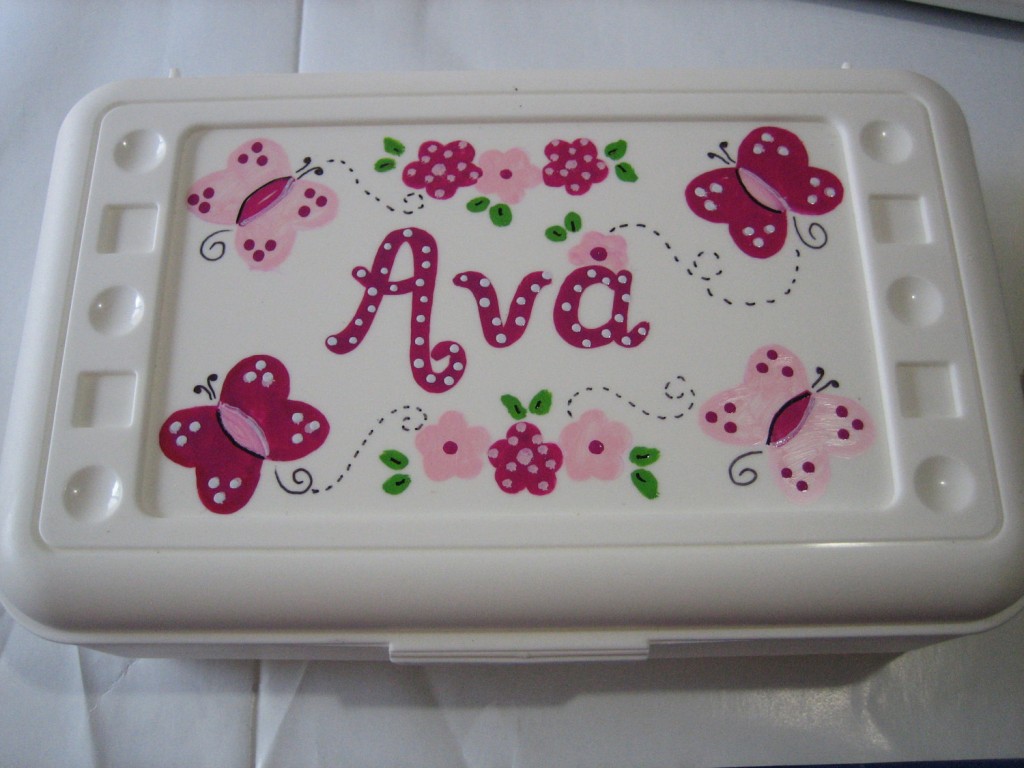Speech Sound Homework- Tips for Promoting Home Carryover in Articulation Therapy
Children often have social studies, spelling or math homework on a daily, if not weekly basis. Why? Because educators know the importance of reinforcing difficult concepts outside of the classroom is just as important as inside. Further, this can help involve parents in the process. Speech therapy should be thought of similarly. Although a specific skill might be taught in a structured lesson during the day doesn’t mean it can’t be reinforced outside of therapy as well. “Homework” might not be graded but the idea is the same; children should take home speech sound targets or techniques for activities at home not only to improve but to involve parents in as well.
Make a folder, book, box or other consistent means of organizing and sharing speech homework for each child on your caseload. Children like objects. Something to call their own, get invested in, be responsible for and usually, to decorate. Why not create a special “speech folder,” “speech notebook” or “speech box” for the child’s target sounds and activities? This can travel home nightly or on weekends and include a section for children and parents to initial or mark to indicate they’ve done the work. First, it’s important to involve the child in the process by letting them decorate and assemble the tool. Then, provide high praise and rewards for returning and maintaining it – stickers work wonders!
Inside the speech activity book or box, create the following with the child:
1.) The target sound(s) in articulation therapy or new words from language lessons. Draw it, doodle it, spell it out.
2.) Target words. What are they working on?
3.) Tips and tricks. What reminders have you given the child about that sound and the placement of their articulators?
4.) Carryover activities or specific tasks, progress notes or pages to share with parents.
By sending the box home, this tool can accomplish a few things:
- Promote parent involvement by highlighting and separating “speech work” from other work
- Encourage children to be invested and responsible for their learning. By telling children that the notebook or box is important to bring, look for and maintain, they are accountable and invested.
- Organize and prioritize current speech sound targets. By updating the box regularly and checking to see what’s there, only the essential target items should be present.
Warn parents ahead of time that the folder or box will be coming home so they know to look for it. Also, encourage them to write down questions they may have for you inside the notebook. Communication between SLPs and parents shouldn’t be limited to just IEP meetings. Parents should be encourage to be active in the process and will likely enjoy a few tips and tricks for helping develop their child’s speech and language at home.
If a take-home material doesn’t seem to work for you kiddo, try emailing some websites to parents who might like the paper-less route. Direct them to online games, printout or activities you might find helpful for them to reinforce at home. Similarly you can snap a picture of what you and the child worked on during the day and email that, allowing parents and children to discuss it.





